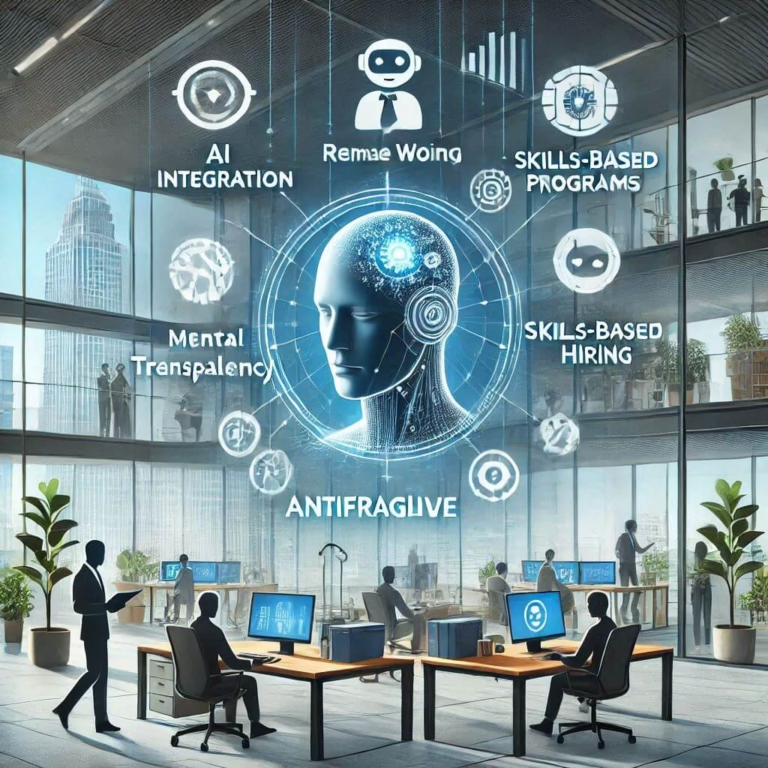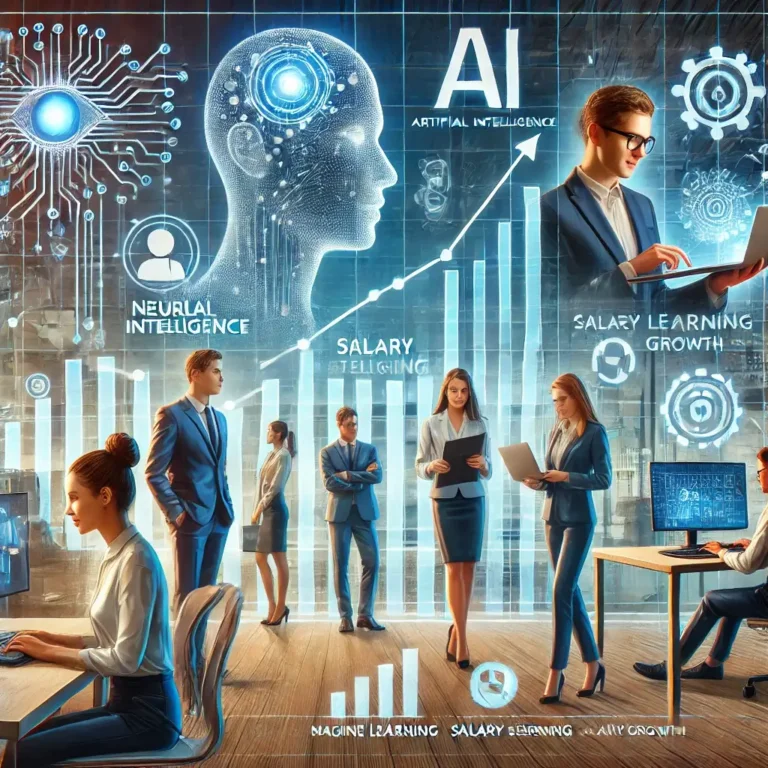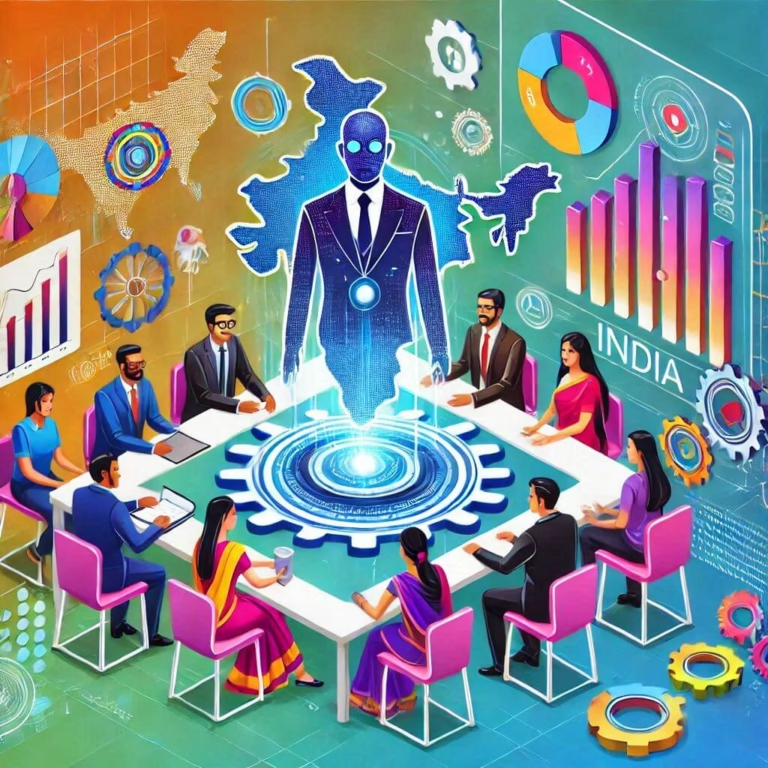Driving AI Engagement: 4 Strategies for HR Teams to Lead the Transformation
Fran Maxwell’s insightful Forbes article sheds light on the transformative role HR can play in integrating artificial intelligence into organizational operations. As companies increasingly adopt AI, HR teams are uniquely positioned to lead this change, ensuring that both tools and employees thrive. Below is an expanded view of Maxwell’s key points on effective AI engagement in HR.
1. Develop an Upskilling Strategy
To maximize the potential of AI in HR, it is crucial to prepare teams with the right knowledge and skills.
- Why It Matters: AI can take over repetitive tasks, but HR professionals need to learn how to operate, supervise, and derive insights from these tools.
- How to Implement: Establish clear training programs focused on AI applications in HR (e.g., generative AI for recruitment, automated performance analytics). Additionally, teach critical thinking and problem-solving skills that enable HR teams to adapt AI innovations effectively.
2. Emphasize Critical Thinking for HR Success
AI tools are not just about efficiency; they demand employees to think strategically and socially.
- Evolving Roles: As AI manages routine tasks, HR professionals are freed to engage in consultative and analytical roles.
- Research Backing: According to McKinsey’s 2024 report, employees using generative AI find themselves relying on higher cognitive and emotional intelligence skills. HR should guide the workforce to embrace these shifts by fostering decision-making capabilities.
3. Avoid Overreliance on AI
While AI offers significant efficiencies, its usage should be balanced with human oversight.
- Risks of Automation: AI-driven decisions (like automated candidate rejection letters) can be impersonal or delayed, harming the user experience.
- Solution: HR leaders must continuously monitor AI’s outputs and refine processes to ensure they align with organizational values and human expectations. This prevents a “set-it-and-forget-it” mentality that could undermine employee trust.
4. Establish an AI Center of Excellence (COE)
HR’s expertise in managing sensitive employee data makes it a natural choice to lead ethical AI integration.
- What is a COE?: A centralized team or framework within HR to oversee AI adoption, ensuring security, privacy, and compliance with organizational policies.
- The Bigger Picture: COEs can also lead in fostering an ethical approach to AI, addressing concerns like bias and equitable treatment across the organization.
Why HR Must Lead the AI Charge
Maxwell draws parallels between the AI revolution and the Industrial Revolution, emphasizing its potential to reshape how we work. HR, as the steward of people and culture, is poised to ensure that AI adoption is not only efficient but also human-centric. By prioritizing these four strategies, HR can serve as the backbone of organizational transformation, setting an example of how technology and people can coexist harmoniously.
For more on Maxwell’s insights, read the full article here. | Image Credit: AI-generated







